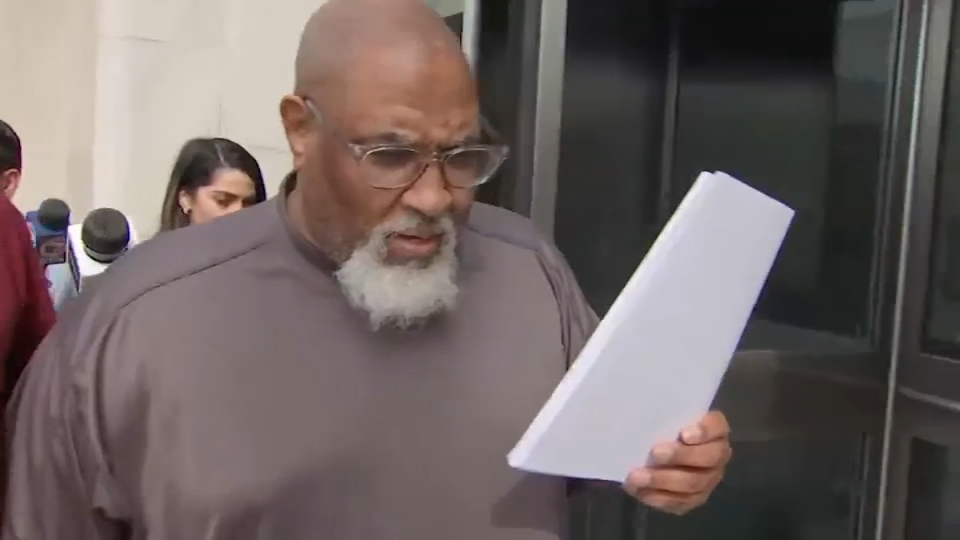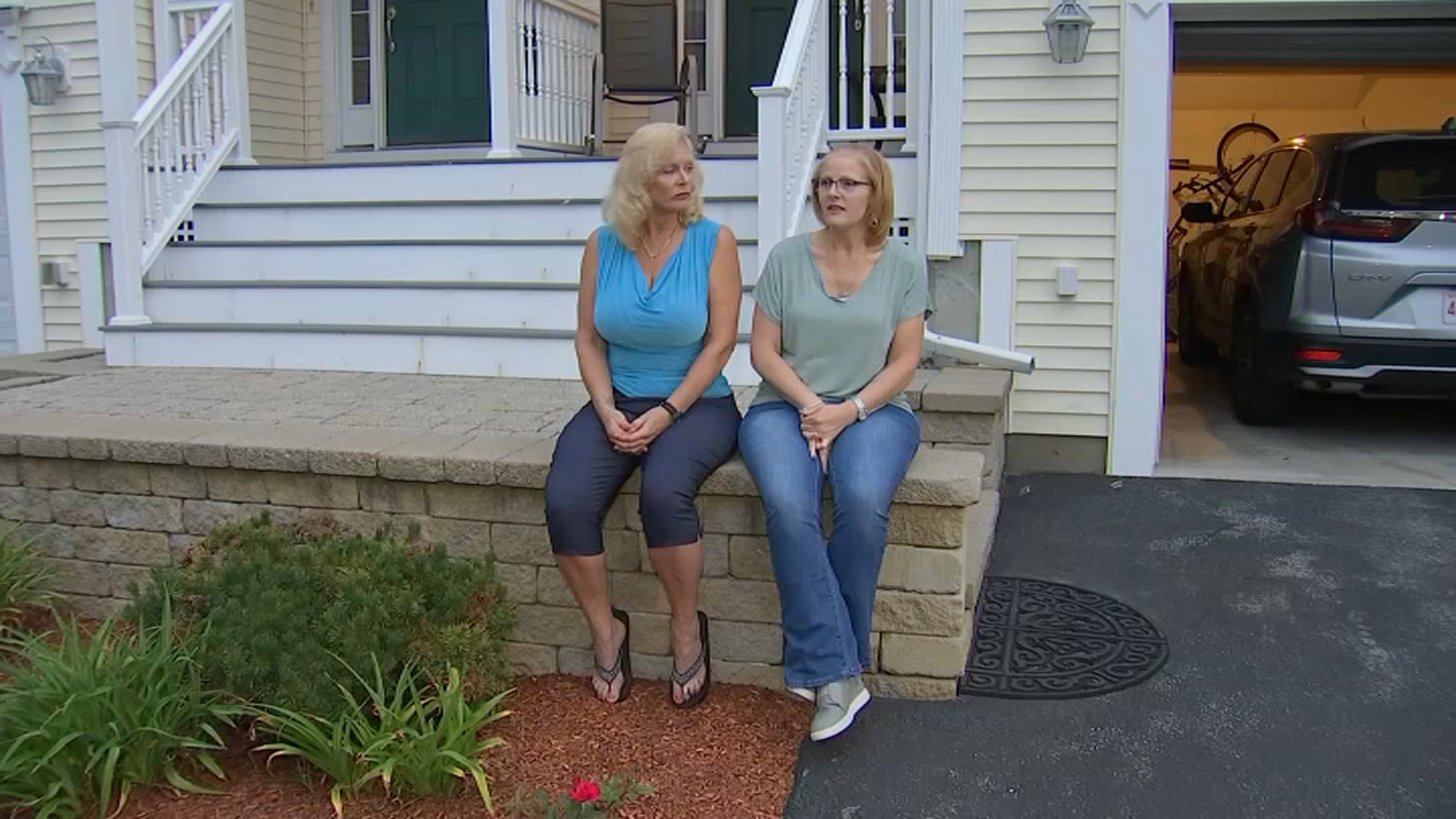An independent review of Harvard's long-running human body donation program, begun after the discovery that a staffer was allegedly stealing and reselling donated body parts from the Harvard Medical School morgue, released Thursday left families affected by the scandal disappointed with the lack of information it revealed.
At least 200 donor families have sued Harvard over the scandal. An attorney representing some of them said the review came up short.
The Harvard Anatomical Gift Program was advised to revise its policies and procedures, add oversight, offer staffers more training and look for areas to improve its infrastructure, the report's three authors said in the document, dated Nov. 22. Harvard is reviewing the recommendations, which are organized into 13 sections, and working on a plan to implement what will work.
“Everything in this report is very basic, very common sense, minimum standard not just for running this kind of business, any business.”
Kathryn Barnett is one of the attorneys leading the lawsuits against Harvard.
“The big question is what happened at Harvard, how long did it happen, why it happened, none of those things are answered here in this report," she said.
Law enforcement has said body parts donated to Harvard for research were allegedly sold for years among an underground network.
Harvard’s morgue manager Cedric Lodge was one of the people arrested. He’s accused of not only selling body parts, but even allowing people to enter the morgue to select what they wanted.
“We were all hoping for some answers, we didn’t get any answers in this report.”
Dr. Jack Porter has been a vocal critic. His wife’s body was donated to the program, and he’s still waiting for answers.
“I think there’s somebody out there that has my wife’s body parts and I think Cedric Lodge knows who it is," Porter said.
Harvard has filed a motion to dismiss the lawsuits. A hearing on that issue will likely take place next month.
The report, which was shared directly with families of donors and people who have registered as donors Thursday, does not make any findings about Lodge's alleged criminal activity. The criminal investigation is ongoing.
The school also noted that it's already made changes to the Anatomical Gift Program, including enhanced security and donation tracking.
Read the report here:
The body parts were stolen from the morgue between 2018 and 2023, federal prosecutors have said. Lodge was accused of letting buyers come in and select the remains they wanted to buy from donated cadavers, stealing them and shipping them from his home in New Hampshire.
Up to 400 body parts were stolen and sold from the morgue, according to prosecutors. They shared how buyers and sellers discussed the body parts in disturbing detail — one Pennsylvania man allegedly sent Lodge's wife "$200 with a memo that read, 'braiiiiiins,'" according to a criminal complaint.
Lodge, who has pleaded not guilty, was fired in May and Harvard deans wrote an emotional public letter, titled “An abhorrent betrayal,” explaining the indictment and apologizing for the pain this would cause the community and the families of those affected.
Cadavers have long been donated to the Anatomical Gift Program to be used for doctors in training and medical research.



